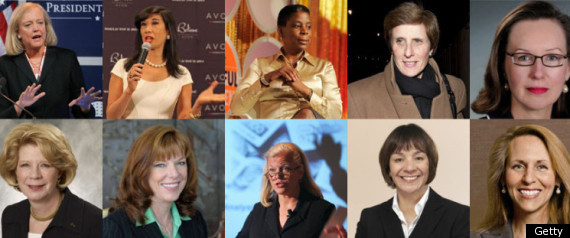men. When women grow up they are expected to have children, raise them and take care of a household chores. This way of viewing women is common in many countries and since many people feel that there is nothing wrong with these views, they continue. About a hundred years ago, only a few women in society were recognizable and most were not acknowledged at all whatever their contribution may have been. Times are slowly changing and as our society continues to grow and gain a more liberal mindset, the roles of women begin to change. There’s a difference from the 21st century and the previous ones, which is that this generation feels strongly about gender equality. Women now don’t want to be known for their role of being homemakers, they are now joining men in the work field. Some of these women are also mothers who are able to juggle and multi-task their work and household duties. They are having more privileges than before. Women are now able to go to school to get a proper education, they can vote, they are free to give out their opinions and suggestions without the authority of men questioning them and they can be found working in almost all jobs where men mostly worked at and in places where women weren’t usually accepted in.
Work Life
 |
Future
Soon we may have a female president and powerful woman are beginning to dominate our society. Although women have a hard time getting out of the role that the 20th century gave them, they keep trying to change their roles and reach to higher expectations. As a society, we need to continue to encourage people to go beyond stereotypes and recognize the contributions that each individual, male or female, can make to the workplace. Also we need to see that there shouldn’t be roles put on women because they can achieve much more then what their role limits them too.
Works Cited
Frimpong, Yaw. "THE WOMAN IN THE 21ST CENTURY AND HER EFFECT ON THE SOCIETY." Modernghana.com.
N.p., 19 Mar. 2014. Web. 29 May 2014.
"Gender Inequality and Women in the Workplace."
Harvard Summer School, n.d. Web. 29 May 2014.
Lovrine, Michelle. "Women's Roles Vs. Male's Roles in the 21st Century." EHow.
Demand Media, 22 June 2011. Web. 29 May 2014.
Rampell, Catherine. "The Mancession." Economix The Mancession Comments.
N.p., 10 Aug. 2009. Web. 29 May 2014.


No comments:
Post a Comment